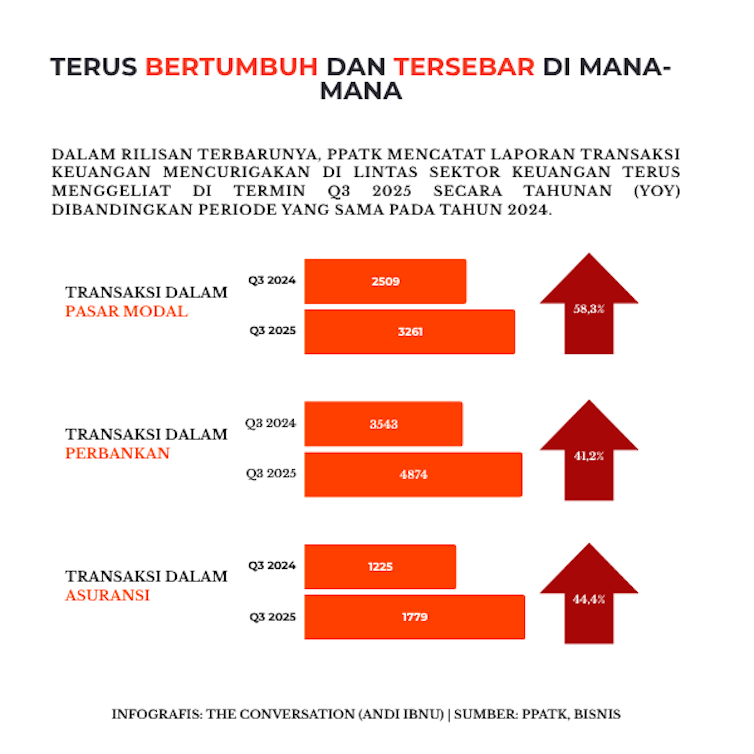Key Factors to Consider When Choosing a Construction Contractor
- Written by Asian Spectator

Selecting the appropriate construction contractor guarantees that the work is done right and on schedule. Optimal outcomes are needed based on a contractor's experience and ability. Ensure a company that has a good track record in getting similar jobs accomplished. Gauge their ability to complete work as scheduled and to a high level of quality. There should be openness in cost budgeting in order to avoid any unexpected expenditures. A skilled contractor ensures right costing and feasible rates. Regulatory compliance and safety precautions should also come first. To prevent accidents ensure that the contractor observes workplace safety procedures. Licensing and certifications provide a guarantee of credibility and standard compliance. Consumer feedback and ratings say it all about quality of service and reliability. Effective communication and problem-solving capabilities ensure smooth project delivery. Choose a contractor who is professional and quality oriented.
Why Reputation and Client Reviews Matter When Selecting a Contractor
Contractor reputation is also a reflection of their reliability and quality of work. Client testimonials reveal what past clients have undergone. Credibility is reflected by positive feedback and successful projects. Negative feedback reveals potential issues like delays or shoddy work. Word-of-mouth referrals from someone who is trusted give important information. Google Reviews and trade forums offer open comments. It is also possible to estimate the capability of the contractor from completed work. Professional contractors will be glad to give references and display past projects. Reputation assures accountability and satisfaction. Reputed construction companies Melbourne has quality and client base to maintain reputation. Good feedback over time indicates professionalism and dependability. Respected contractors tackle issues professionally. Client history indicates whether a contractor will actually do what he says. Engaging a competent contractor decreases risk. Efficient contractors value long-term working relationships over making a quick profit.
The Importance of Licensing and Certifications in Construction Companies
Licensing and certification indicate the compliance of a construction companies Melbourne with industry standards. A licensed contractor is under all relevant laws and safety measures. Certifications give acquaintance with certain construction methods and materials. Any hiring of an unlicensed contractor maximizes the chances of substandard work and legal issues. Licensed contractors are aware of the building codes and compliance strategies of the region. Certifications from recognized institutions determine a contractor's technical capability. Legal licensing ensures responsibility and project reliability. Permitting is the nature of most projects which are only awarded to licensed contractors. Insurance protection in terms of licensing is also a consideration factor. Certified contractors are protected against damage by liability insurance. Licensing is a means of preventing fraudulent or inexperienced contractors. Government institutions offer online databases through which contractors can verify their credentials. Certified experts undergo continuous training to keep up with industry developments. There are certifications in green building and energy-efficient measures. Licensed contractors guarantee that the work is both legal and professional. Paying for a certified construction company guarantees quality and compliance.
Why Modern Construction Companies Invest in Advanced Machinery
Construction operations are better and more precise as a result of new machines. High technology machines promote safety through minimizing dangers presented by manual handling. New machines perform the task within less time with more precision. Computerized machines cut off mistakes brought about by human beings and improve efficiency. Building organizations purchase sophisticated machines in order to compete. New technology assists in reducing waste material and optimizing resource utilization. Computerized systems facilitate instant monitoring and correction of projects. Construction companies Melbourne that uses modern machinery produce quality. Computers and robots facilitate complex construction work. Heavy machinery reduces the need for a lot of human labour. Effective project completion translates to lower overall costs. Investment in new machinery is beneficial to customers as well as construction firms. Cutting, lifting and assembling materials is more precise with advanced technology tools, and green machines conserve fuel and emissions. Drone surveys and computer modelling assist in site assessments.





